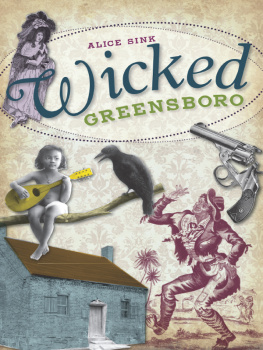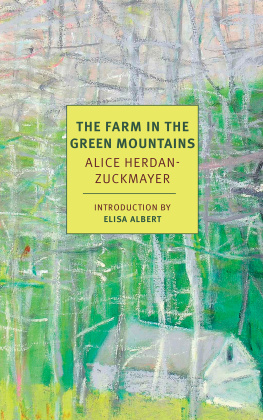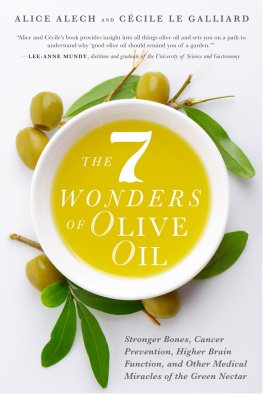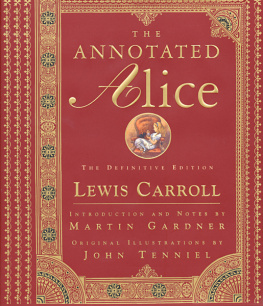PREFACE
In the twenty years which have passed since Mr. Green drew his brilliant sketch of the early life of English towns, and of their influence on the history of English liberty, the study of the subject in this country has advanced but little; and it is not, I think, too much to say that the pages of his History still present the most vivid and suggestive picture which we possess of the medival boroughsa picture inspired by ardent sympathy and emotion. In this rapid and original survey the true proportions of civic history in our national life are boldly drawn; and the burghers and shopkeepers of the towns, long neglected and despised, take their place in the distinguished ranks of those by whom our freedom has been won by their sturdy battle against oppression, leading the way in the growth and elevation of the English people, and carrying across the ages of tyranny the full tradition of liberty. But the history of this great civic revolution, which in Mr. Greens day cannot be said to have existed at all, has since then remained strangely neglected among us. While in foreign countries the study of the origin and growth of municipal institutions has been recognized as of overwhelming importance, and has already employed the erudition and tried the ingenuity of a long succession of scholars, English historians have stood aloof. No English name figures in the contests of the schools; nor is any English authority called to witness when a learned theory is advanced to solve the riddle; and if from time to time foreign scholars attempt to draw English towns within the range of their generalizations, the lack of sufficient or trustworthy materials at their disposal makes the result vain and unfruitful. No country indeed has been so backward as our own in municipal history, whether we take it from the popular or from the scientific side. The traveller who has asked at the bookshop of a provincial town for a local history or even for a local guide is as well able to realize the distance which parts us from France, Italy, or Germany, as is the student who inquires for a detailed account of how civic life or any one of its characteristic institutions grew up among us. A certain number of town histories do indeed exist, but they by no means always deal necessarily or even mainly with the life of the borough itself. To a considerable number of local antiquaries the buried relics of the Roman dominion have proved a permanent and pre-occupying interest. For the student of medival times the monastery and cathedral tower high above the squalid market-place and thatched town-hall which lie dwarfed and obscured under their vast shadow; and in modern as in older history the butchers and brewers who represent the secular corporations of York and Winchester are practically bid to stand aside before the presence of the spiritual corporations to whom the fame of S. Marys or S. Swithuns is committed. Where ecclesiastical monuments of historic greatness are wanting, a fervent apologist may still find an excuse for the meanness and dulness of the municipal story, in the fact that at some time or other the town has lent its streets to serve as the stage for a critical scene in the national drama, and thusthrough the lifting of a royal standard, or the tragedy of a conspicuous adventurerderives a borrowed title to our interest. That the story of convent and chapter and solemn pageant should be told with full detail I do not question. I only urge that when the tale is finished we still wait for some notice of the city itself and the humble details of its common life. There are, it is true, signs of increasing interest in such matters, and some admirable studies in our municipal records have lately been made in England; nevertheless the work is still at its beginning, and how much need there is for further study I have had occasion to know in the course of an attempt to trace the developement of some forty or fifty provincial boroughs, so as to gain some idea of the condition of our medival towns, and the general drift of their history. The preparatory work which the foreign student finds already finished and organized for his use, the English worker has in almost every case to do for himself. Even the briefest sketch of a town history too often implies the long labour of seeking out a mass of scattered and isolated details, which must first be drawn together into some connected sequence before it is possible to study the general bearing and significance of the story in relation to the growth of neighbouring boroughs. Those who have attempted to find their way through the uncertainty and confusion of the materials as they at present exist, will probably be the most lenient judges of inevitable errors of detail such as must creep into the performance of so delicate and difficult a task.
It is evident, indeed, from the nature of the subject, that any writer who desires to give a survey of provincial town life as we can now picture itfrom printed materials scattered in county histories, archological journals, reports of commissions, imperfect abstracts of town documents, parliamentary records, charters, and stray pamphletsmust inevitably remain exposed to much correction in matters of detail from experts with local knowledge. At the same time it seems to me that without some effort to obtain a comprehensive view of the general subject, the student may leave himself open to the still graver errors that spring from the want of some ascertained measure of proportion, and from the incapacity to distinguish in each town that which is normal from that which is strange or characteristic. The question of origins I have deliberately set on one side, from the conviction that the beginnings of a society may be more fruitfully studied after we know something of its actual life. Avoiding therefore many dark questions, I have dealt in the first volume rather with the simpler and less contentious aspects of the growth of the borough to wealth and independence. In the second volume, however, the subjects which arise have long been familiar as matters of acute discussion; and it has sometimes happened, that in going over again the sources from which all our knowledge is derived, I have found myself gradually compelled to entertain views contrary to those which are commonly accepted. Thus, for example, in tracing the growth of self-government within the borough itself, I seem to discover in the phrazes of the town records a new explanation for the position of the communitas side by side with the civesa problem which, so far as I know, has never been really stated, and the difficulties of which are in no way met by the universally received interpretation. Moreover the theory of an early triumph and rapid decay of democratic government appears to me impossible to maintain, and I have suggested that in the growth of the common council we may find some evidence of a popular movement towards more effectual self-government which seems to have stirred the industrial classes of the fifteenth century. There are other burning questions in which impetuous economists have outrun the historians, and have not found it premature to set in order by the help of accepted theories the obscure chaos of social history in the Middle Ages. In spite of their zealous efforts, however, the whole problem (including even the ascertaining of the facts on which it depends) of the developement of English commerce and manufactures and of its effects on social life, still awaits the student; and it is in the confusion and ignorance which at present prevail, that I may find my best excuse for the fact that with regard to many questionssuch, for instance, as the relation of internal traffic to free trade and protection, the general organization of labour, the position of the guild towards the hired worker, the attitude of the municipality to the industrial system, and of the capitalist to the town councillorI have ventured to differ from conclusions which are commonly put forward.









